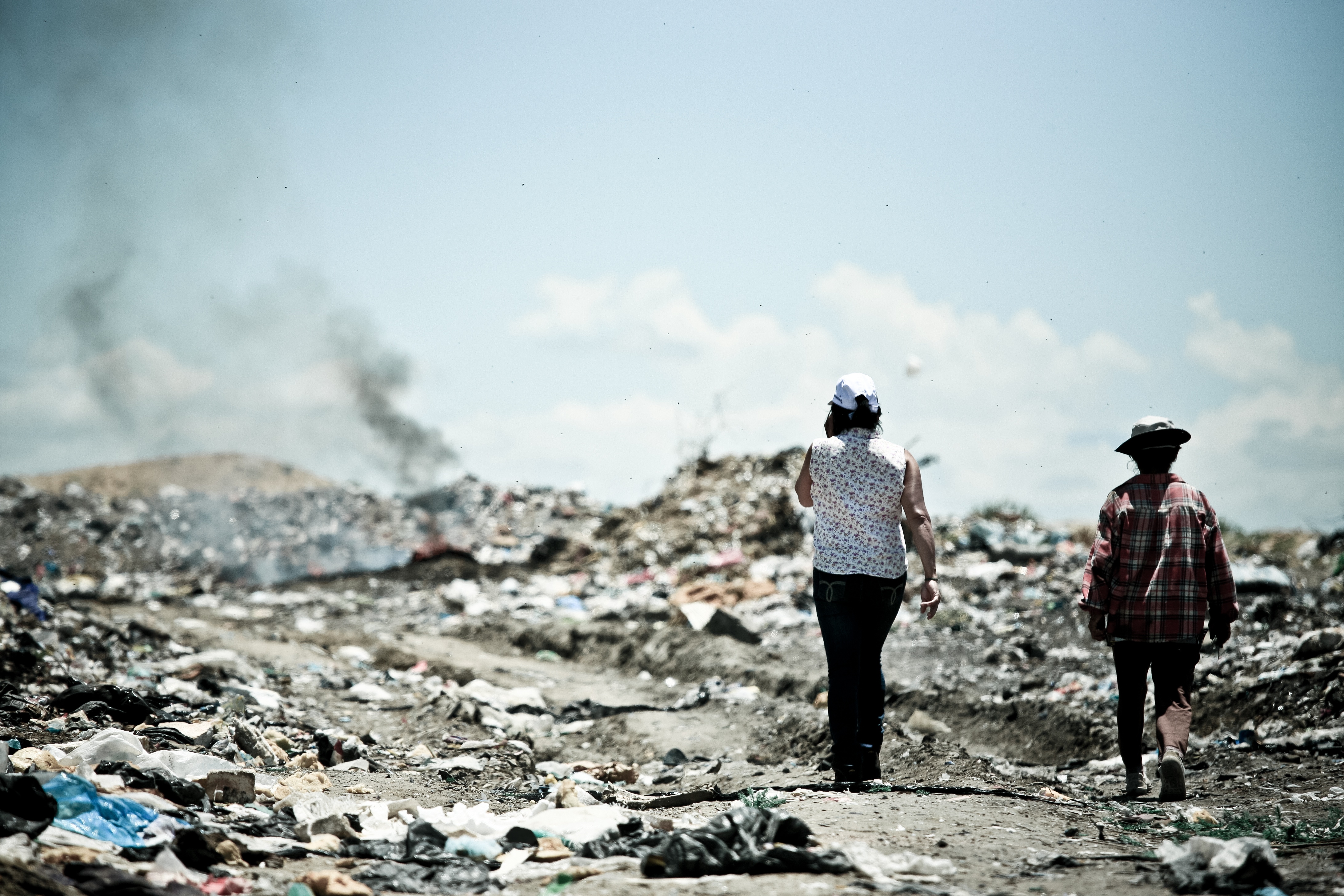
The first months of the new ECSA working group on citizen science in areas affected by armed conflicts
Anna Berti Suman
Aug. 11, 2025, 11 a.m.
Picture: "Like a War Zone" by Alex E. Proimos (CC BY-NC 2.0 License, OpenVerse).
Earlier this year, in May, we launched a new ECSA working group to explore and promote the use of citizen science in areas affected by armed conflicts. Anna Berti Suman (A Sud) and Doug Weir (Conflict and Environment Observatory) are Co-Chairs of the new working group. In their first weeks of existence, almost 50 participants joined the group, from European to non-European countries, for example Iraq, Sudan, and Myanmar, and spanning across expertise and affiliations.
The premise of our group is that armed conflicts and insecurity can directly damage the environment and create and sustain socio-economic conditions that may encourage environmentally damaging activities or exacerbate their consequences. We believe that citizen science approaches have the potential to contribute towards field environmental data collection, as well as to improve access to environmental information, empowering communities in environmental decision-making and contributing towards their wellbeing and to justice and accountability initiatives. Throughout the newly launched working group we will explore the nexus between citizen science and situations of ‘crises’ caused by armed conflicts. The key aim is to sustain open and constructive debates and advance interventions on the current and future potential of citizen science in areas affected by armed conflicts.
We organised the first working group meeting on June 25 in which we got to know each other and discussed the next steps for the group. We are dividing ourselves in two proposed sub-groups, the Community-building and outreach subgroup and the Research, policy and funding subgroup. In the next months of the working group, we aim to refine our objectives and seek resources to fuel our activities; reach out to relevant actors in the field; initiate a mapping process of practices; and hold a series of events both internal and external to the group. Our next meeting as a group will be on August 27 where we will hear from the experience of mapping through citizen science approaches forest losses associated with armed conflicts in Sudan.
We also got a roundtable accepted at ECSA2026 in Finland (on “Exploring the potential and applications of citizen science in areas affected by armed conflicts”, Id: T0038, https://www.ecsa2026.ngo/programme/#17086). The roundtable will be aimed at discussing: current and emerging best practice in the field; context-appropriate methodologies that can contribute towards international efforts to enhance the documentation of environmental change in areas affected by armed conflicts; how to improve the effectiveness of citizen science methodologies in areas affected by armed conflicts and to enhance the security of participants; the legislative, judicial, evidentiary and capacity considerations for citizen science in areas affected by armed conflicts. Consider proposing a contribution to it at: https://nomadit.co.uk/conference/ecsa2026/paper-form/p/17086.
If you or your organisation is interested in joining the working group, please complete this online form: https://forms.gle/vYwkwUQ8eYa2xgdV7.
Citizen science in areas affected by armed conflicts working group
Main author: Anna Berti Suman
Co-authors: Doug Weir, Carolina Doran